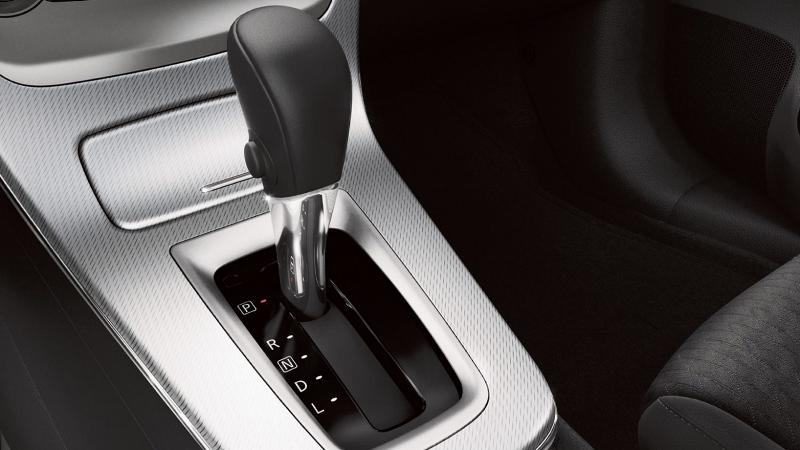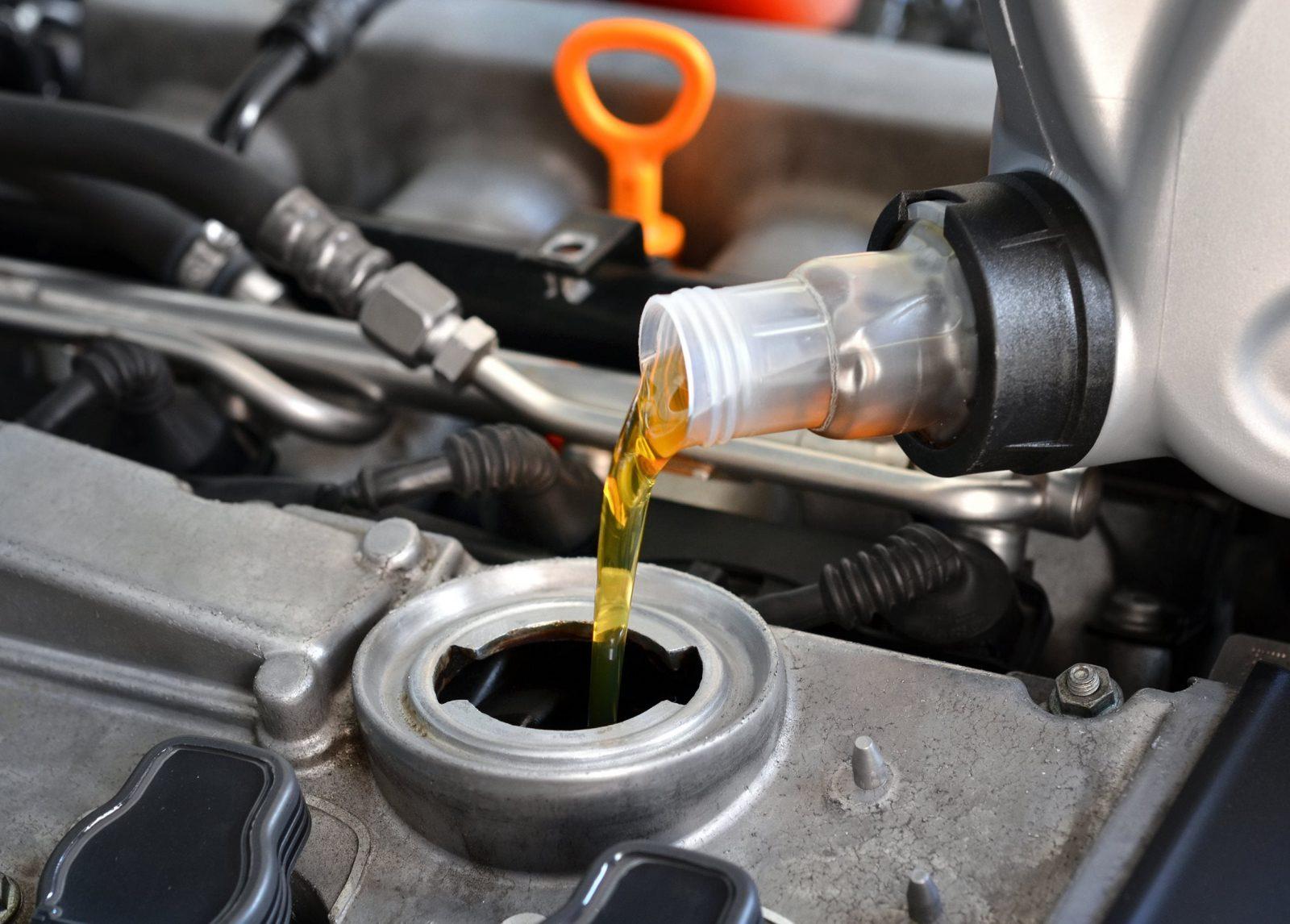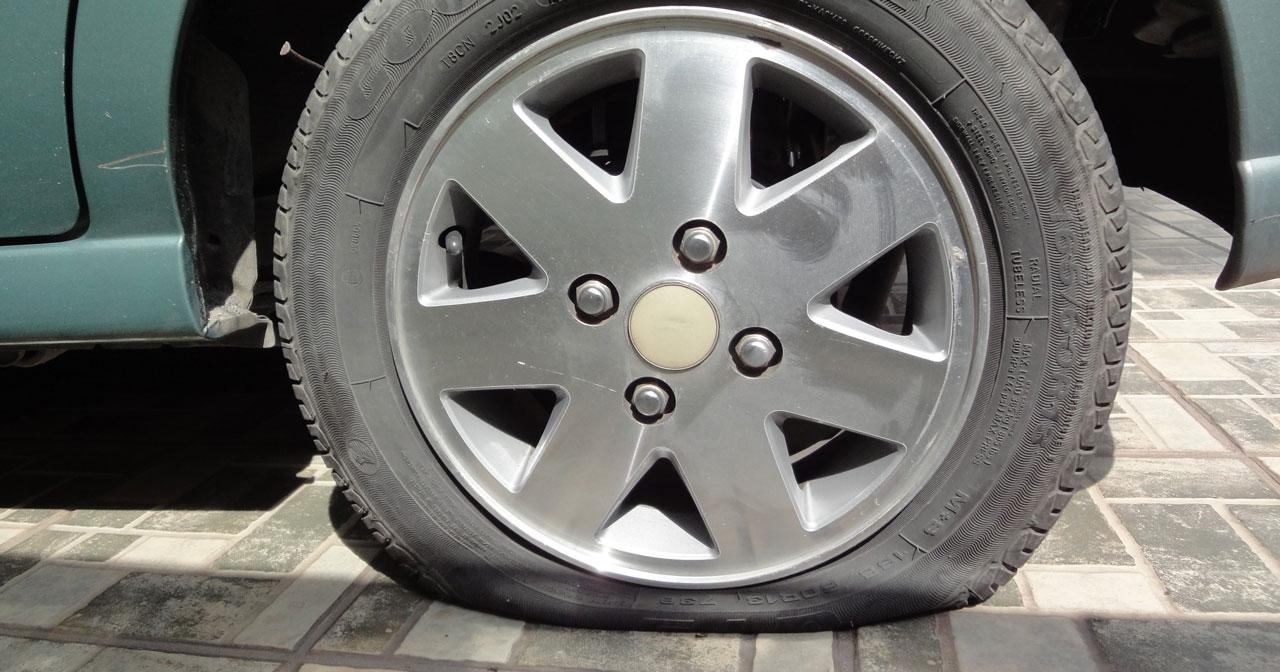What Happens If You Pull The Parking Brake While Driving At High Speed?
Those action movie stunts seem breathtaking, but have you ever wondered about what happens if you pull the parking brake while driving at high speed?
Somewhere within you, there might be ‘the Need for Speed’ desire. You are not alone! Every driver has this guilty pleasure to speed up the coupe on the empty road.
But before the thrill and fun reach the peak, knowing its consequences is essential. Find its answer right here and protect yourself from the disaster.
What Happens If You Pull The Parking Brake while Driving at High Speed?
In the section below, you will get to know about the consequences of pulling the handbrake while driving at the highest speed. So let’s check it out.
Rear Wheel Lockup
Your car is going at the high speed let’s say-103. You suddenly pull the parking brake and the entire force hits the wheels of your vehicle.
The rear and front tires are supposed to absorb the entire force, but instead, the rear wheel locks up and skids. The chances are that the entire car starts to slide sideways, which is more dangerous than you can even imagine.
In the beginning, when you pull the brakes, nothing much seems to happen. But when the parking in engages, it either wear out or the rear wheel jams.
The probability of the front wheel to lock up is minor only if you are lucky. This is because the front wheels are directly connected to the brake pedal that makes it sturdy enough to bear the jolts easily.
So there are contradictory chances of any hazard when you think- what happens if you pull the parking brake while driving at high speed.

SEE MORE:
- Pressing Clutch To Apply Brake VS Slowing Down The Car?
- Top Reasons Why Anti-lock Brakes Are Dangerous?
Reverse Automatic Transmission
When you slam the brakes for the longest time and wish for the automatic transmission to be revered, a horrifying screeching sound would be generated.
This is because the transmission is going forward and you suddenly force it to go backward.
In this situation, only a second of bad car handling can lead to a disaster such as a car spinning. So, be sure about making any fast and quick move.
Safety note:
If you are pulling the parking brake mildly, there are fewer chances of any loss to the car and you. Otherwise, ensure that you have enough knowledge and know every essential driving tip.
Only a fraction of a second’s mistake can result in perilous situations. So don’t try it unless you are not familiar with the complete scenario.
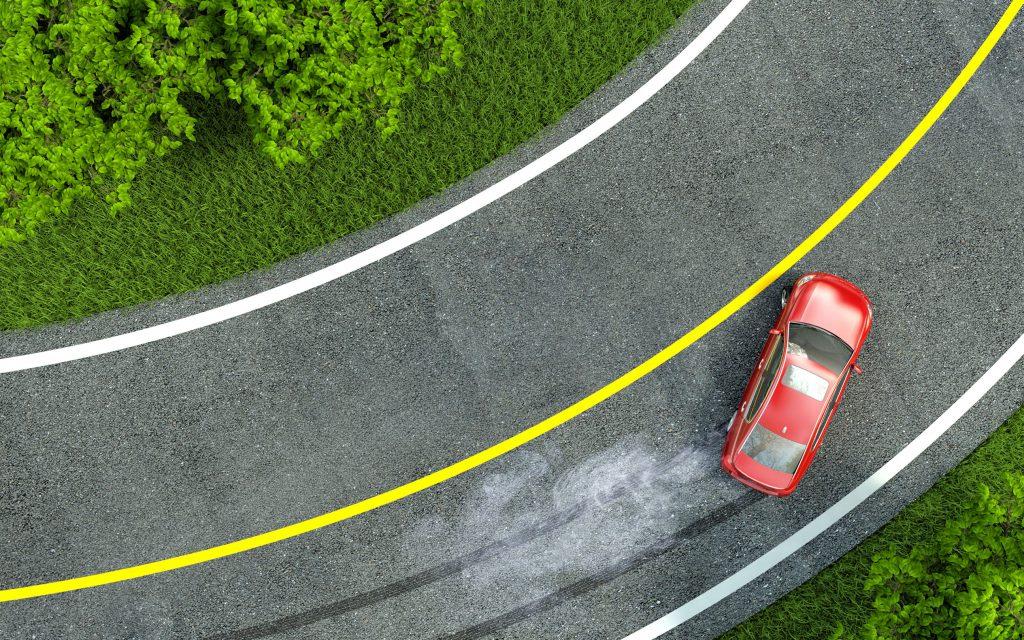
Loss of Control and Vehicle Stability
When the parking brake is engaged while driving at high speeds, the primary danger is the sudden locking of the rear wheels. This action disrupts the balance and stability of the vehicle.
The rear wheels, locked in place, can cause the vehicle to behave unpredictably, potentially leading to a loss of control. The vehicle may swerve, spin, or veer off the road, putting both the driver and passengers in immediate danger.
Risk of Rollover
The sudden application of the parking brake at high speed can dramatically alter the vehicle’s weight distribution and dynamics.
This abrupt change can lead to a phenomenon known as “tripping,” where the vehicle’s front wheels act as a pivot point, causing it to rotate around them.
This can result in a rollover, a particularly hazardous situation that often leads to severe injuries or fatalities.
Brake System Damage
The parking brake is typically a separate mechanism from the primary braking system, often acting on the rear wheels only. Pulling it at high speeds subjects the rear brake components to immense stress.
This stress can lead to overheating, warping of brake rotors or drums, and boiling of brake fluid. Such damage can compromise the overall braking performance of the vehicle, making it difficult to slow down or stop safely.
Tire Damage and Blowouts
The abrupt locking of the rear wheels can have a detrimental impact on the tires. It can lead to flat spots or uneven tire wear, reducing tire longevity and safety. In extreme cases, the stress can cause tire blowouts, resulting in a sudden loss of control.
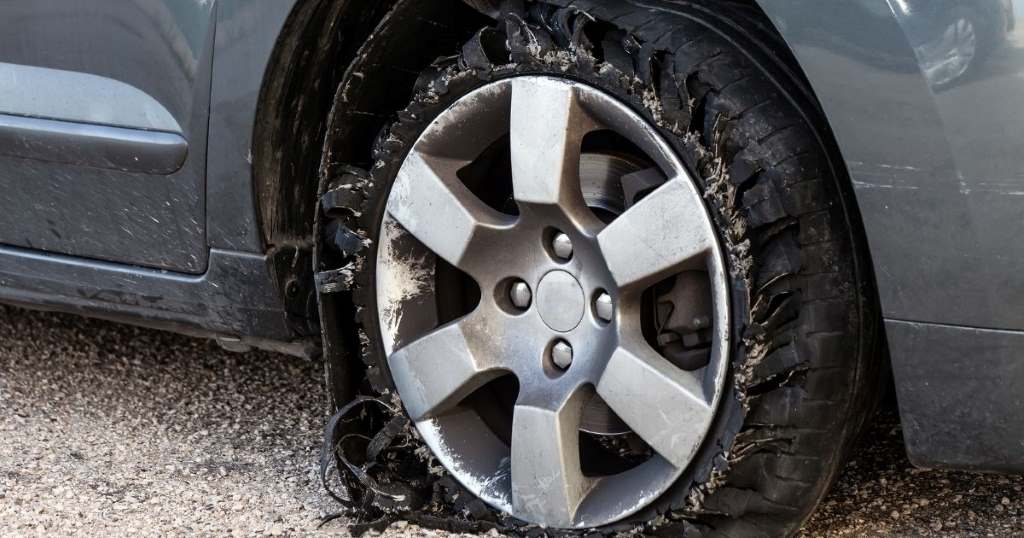
Transmission and Parking Brake Damage
Engaging the parking brake while the vehicle is in motion can place severe stress on both the transmission and the parking brake mechanism.
Depending on the design of the vehicle, this can lead to damage to these critical components. Repairs or replacements can be costly, and the vehicle may be rendered undrivable until fixed.
Sudden Deceleration and Injuries
When the parking brake is pulled, the vehicle decelerates abruptly. The rapid reduction in speed can subject the occupants to strong forces, potentially causing injuries.
Unrestrained passengers and loose objects inside the vehicle can become projectiles, leading to serious harm.
Legal Consequences
Engaging the parking brake while driving is considered a dangerous and illegal act in many jurisdictions. If caught, drivers may face fines, penalties, and legal consequences for their actions.
Moreover, engaging the parking brake while driving can lead to liability in case of accidents and injuries.
FAQs
-
Can pulling the parking brake at high speed help slow down the vehicle in an emergency?
While it may seem like a way to slow down the vehicle in an emergency, pulling the parking brake at high speed is not a recommended or effective method for slowing down. It can lead to loss of control and worsen the situation.
-
Is there a specific speed at which pulling the parking brake becomes dangerous?
Pulling the parking brake at any speed above the parking lot or low-speed maneuvering is considered dangerous. Even at relatively low speeds, it can lead to loss of control and vehicle instability.
-
Can pulling the parking brake damage the vehicle’s braking system?
Pulling the parking brake while driving at high speed can cause significant stress on the vehicle’s braking system, potentially leading to damage or wear to the brake components, including the rear brake pads and the parking brake cable.
-
How should I respond if the parking brake is accidentally engaged while driving at high speed?
If the parking brake is accidentally engaged, remain calm and do not attempt to release it immediately. Gradually decelerate by easing off the accelerator pedal, and then safely pull over to the side of the road to address the issue.
-
Are there any situations where pulling the parking brake while driving is acceptable?
Pulling the parking brake while driving should only be done in extreme emergencies when all other braking systems have failed, and it should be done with extreme caution.
It is generally recommended to avoid this unless there are no other options to prevent a collision.
Check out this video from Cleetus McFarland to learn what happens if you pull an electronic parking brake while driving!
-
Can pulling the parking brake cause the vehicle to flip over?
In some situations, especially if the rear wheels lock up, pulling the parking brake while driving at high speed can lead to the vehicle spinning or rolling over, depending on the vehicle’s stability and the road conditions.
-
How can I prevent accidentally engaging the parking brake while driving?
To prevent accidental engagement of the parking brake while driving, be mindful of your hand placement on the steering wheel and avoid resting your hand on the parking brake lever.
Familiarize yourself with the vehicle’s controls and their locations to reduce the risk of inadvertent actions.
-
Can a malfunctioning parking brake system engage while driving without driver input?
While rare, a malfunctioning parking brake system could engage without driver input. Regular maintenance and inspections can help identify and address potential issues before they become problematic.
-
Is it safe to pull the parking brake in a gradual, controlled manner while driving at low speeds for emergency braking?
In some cases, gradually pulling the parking brake at low speeds can assist in emergency braking. However, this should be done with extreme caution and as a last resort, and it may still result in loss of control and vehicle instability.
Always prioritize using the primary brake system and consult your vehicle’s manual for guidance on emergency procedures.
The Verdict
The jaw-dropping stunts in your favorite action movies are performed under the supervision of experts. Lack of confidence and knowledge can risk the lives at stake.
So, consider every possibility whenever you think – what happens if you pull the parking brake while driving at high speed. Drive safe!












